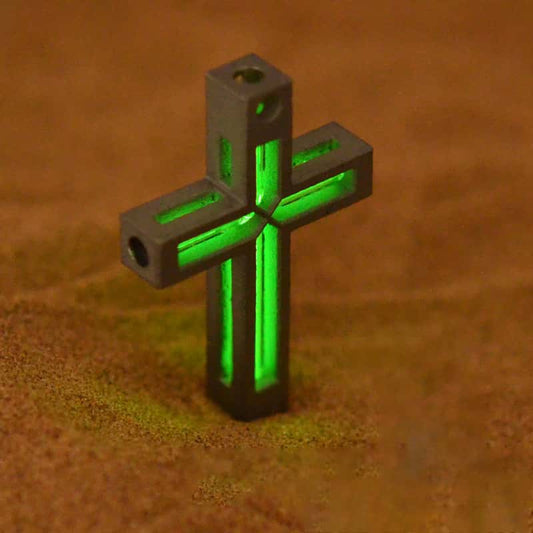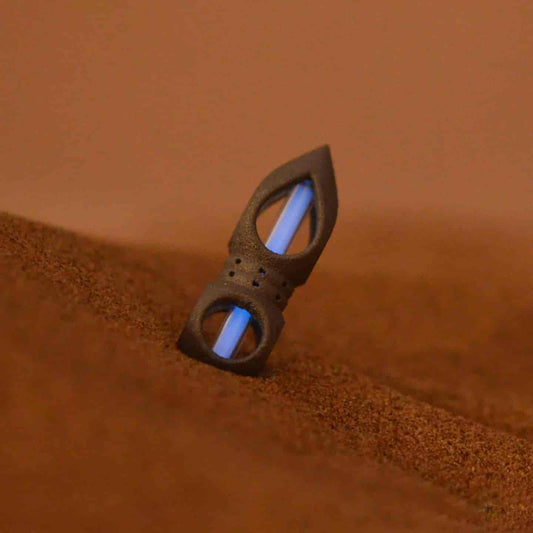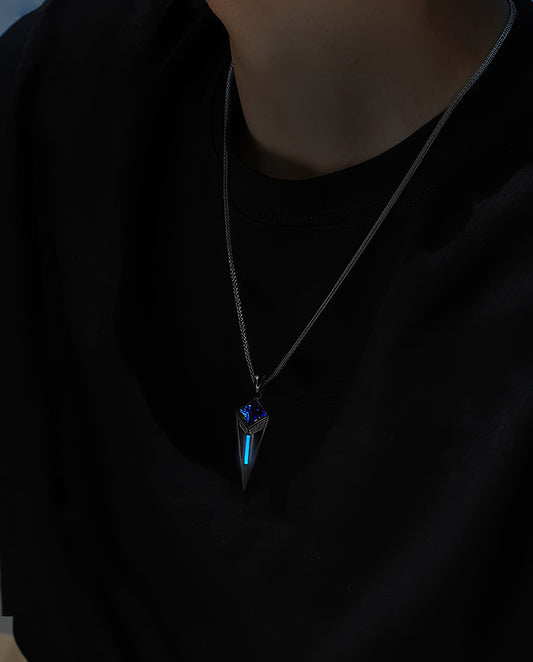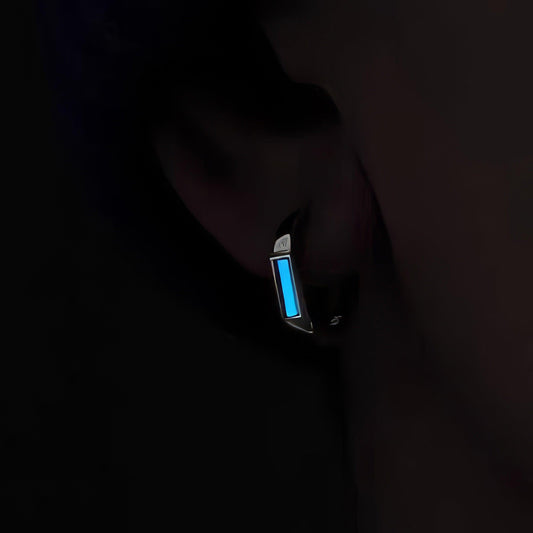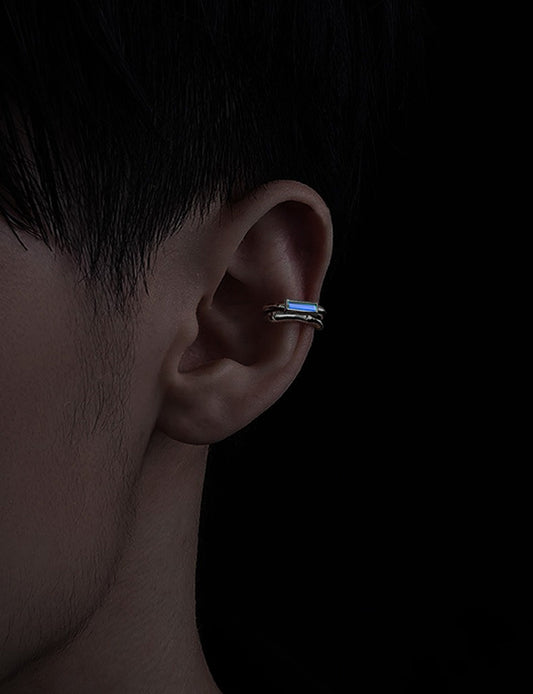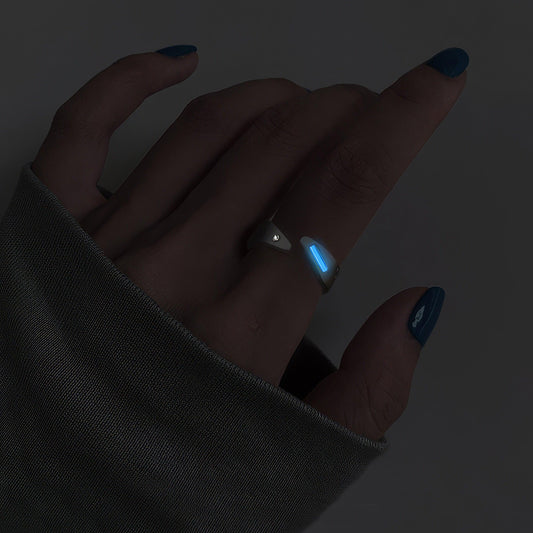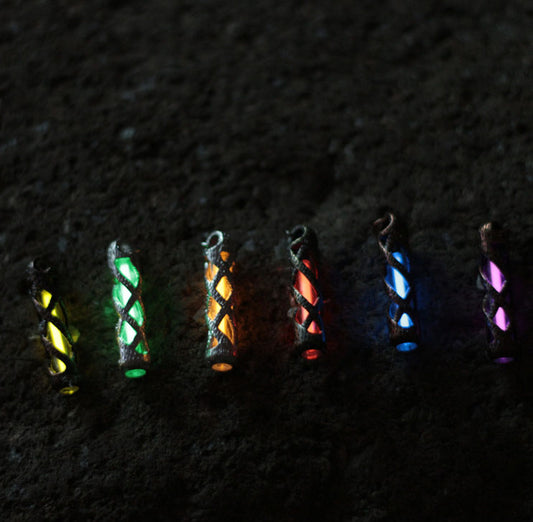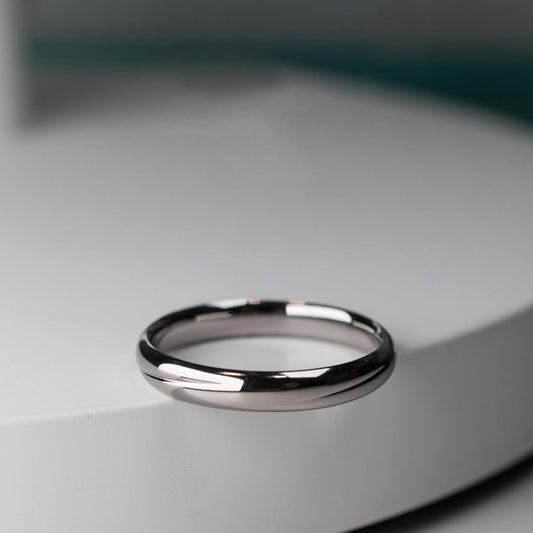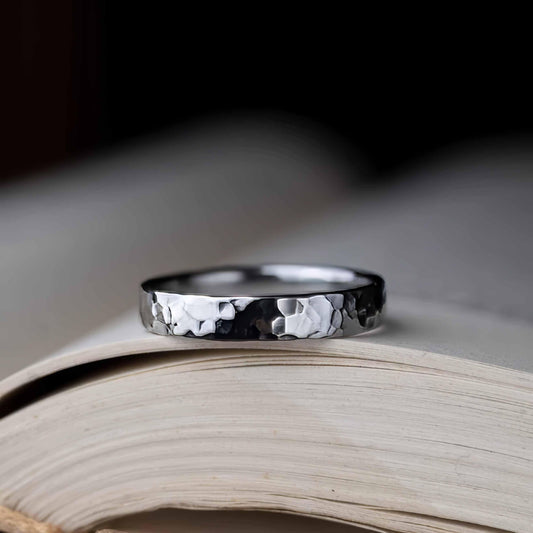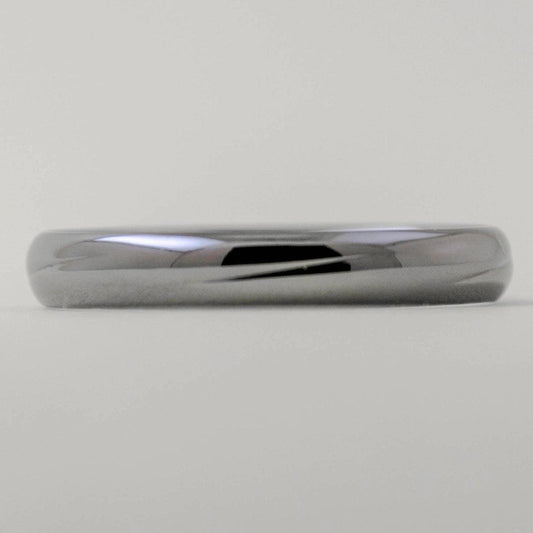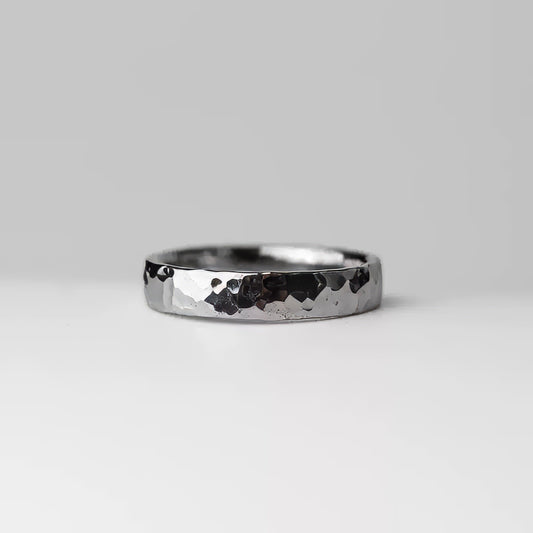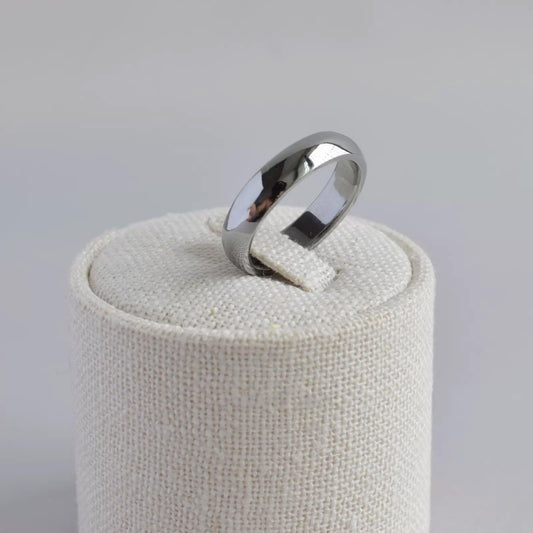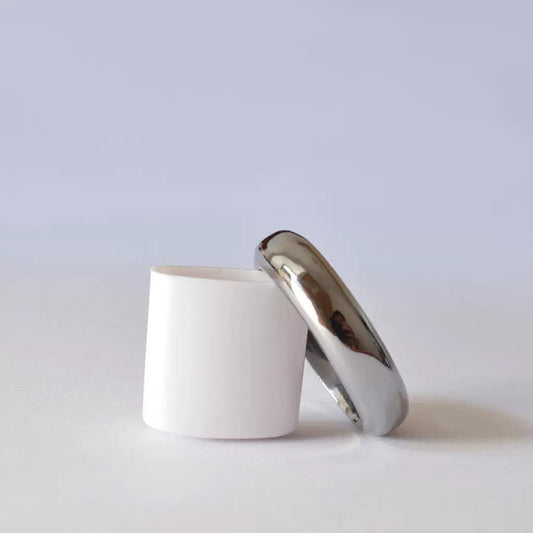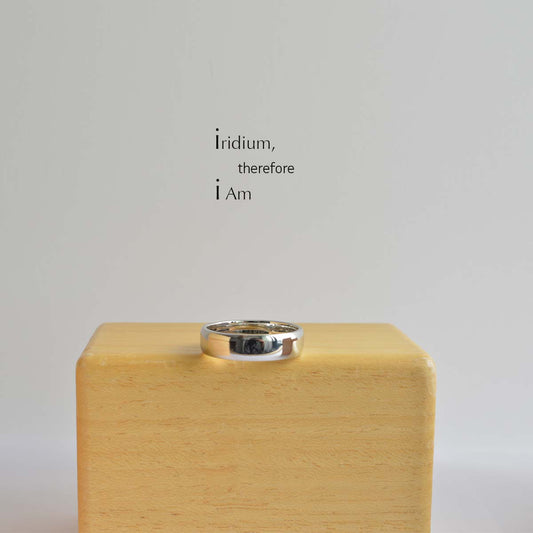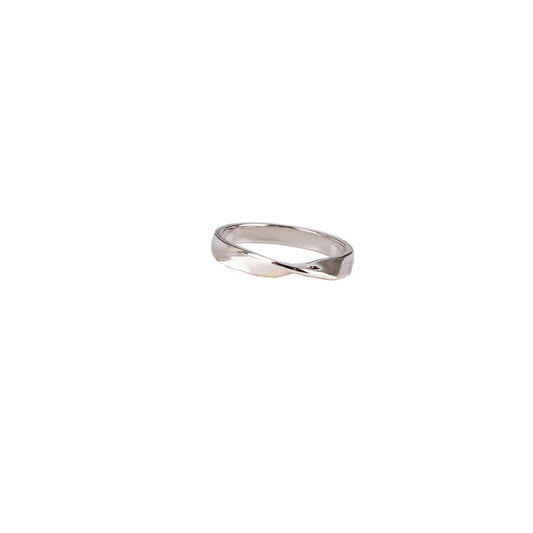Understanding the Lab Diamond Chart A Modern Insight
Understanding the Lab Diamond Chart A Modern Insight
I remember the first time I saw a lab-grown diamond. It was in a cozy, slightly cluttered living room of a friend who had just announced her engagement. The stone on her finger caught the light, throwing a playful sparkle across the room. “It's lab-grown,” she noted casually, as if it was the most normal thing in the world, and then she added, almost as a second thought, "What do you think?" I didn't know much about lab diamonds then, so I set out to learn more. This journey led me to the colorful and complex world of the lab diamond chart.
For anyone diving into the universe of diamonds today, understanding the lab diamond chart is essential. It's not just a list or a grid; it's more like a map that navigates through the characteristics and qualities of these stones, similar to how traditional diamond grading works. However, these lab-grown gems bring a twist.
On one hand, the lab diamond chart follows the traditional path marked by the Four Cs: Cut, Color, Clarity, and Carat. These metrics help potential buyers understand the quality and potential value of a diamond. However, in the realm of lab-grown diamonds, there's a fifth C to consider: the Creation process. This additional angle offers fascinating insights into how these gems are crafted to mirror their natural counterparts, minus the eons beneath the earth's crust.
A crucial aspect of lab diamonds is their environmental impact. Unlike their mined counterparts, lab-grown diamonds are more eco-friendly. The energy used to create these gems is a fraction of that used in traditional mining operations, making them an attractive option for those mindful of their ecological footprint. And let’s face it, in today's world, where sustainability often counts as much as the sparkle itself, this is a compelling selling point.
But there’s more to this chart than data and environmental specs. There's this cultural vibe, almost like a silent revolution, redefining what it means to wear a diamond. Wearing a lab-grown diamond is like wearing a piece of modern innovation, a statement against traditional norms, perhaps even a nod to the values of a younger, socially conscious generation.
My friend's choice of a lab-grown diamond wasn’t just about budget or environmental concerns. She loved the idea of wearing something that, in her words, "felt like the future." This conversation made me look at the lab diamond chart not as a mere checklist but as a bridge connecting past perceptions with future aspirations.
As I processed all this new information, I found myself standing in a jewelry store some months later, examining different diamonds and their respective charts. The lab diamonds twinkled under the bright lights, and I felt a familiar sense of modern elegance. It's as if each stone was whispering a tale of innovation and change.
In the end, the lab diamond chart is more than a guide; for many, it's a symbol of choice and change. And for those willing to listen, it might just tell a story all its own.
